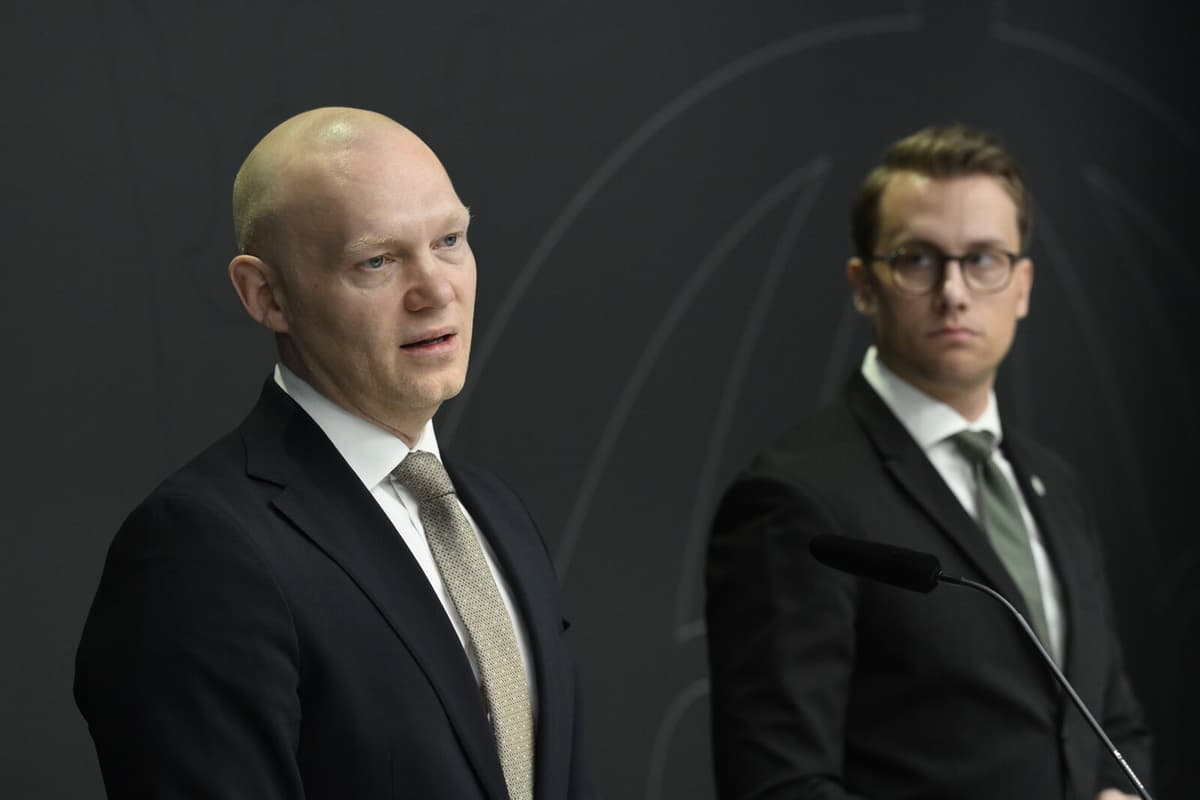The payment methods have been digitized so quickly that not everyone in Sweden has kept up. Cash can also be crucial in times of crisis or war.
This is the background to the cash inquiry that the government appointed in January and which now proposes that a law on cash liability should be introduced.
The new law is proposed to apply to food retailers and pharmacies that turn over more than 3 million kronor. However, it will also cover so-called public law fees, such as dental care, vehicle inspection, and fees for driver's licenses and passports.
Fuel is exempted
According to the proposal, pharmacies and food retailers will be required to accept cash between 06 and 22. All prescription medicines at licensed pharmacies will be covered.
If the proposals are implemented, we will secure the Swedes' opportunities to purchase food and medicine with cash in the future, says the investigator Dennis Dioukarev, Member of Parliament for the Sweden Democrats.
Fuel is not proposed to be covered by the cash liability. The reason for this is, according to Dioukarev, that many stations are unmanned and located remotely, and that society is "moving towards electrification".
The Swedish Trade Federation comments that it is "fully reasonable" for food retailers and pharmacies to take greater social responsibility.
"Change is needed"
The trade organization is, however, concerned about the risks and higher costs that cash handling may entail – and therefore wants the state to take greater responsibility.
"If the state requires market players to perform socially important cash services that lack commercial viability, the state must also increase its responsibility for maintaining and partially financing cash handling in the future", says Bengt Nilervall, expert on payment issues at the Swedish Trade Federation in a comment.
According to Finance Market Minister Niklas Wykman (The Moderate Party), the cash issue is a hotly debated and pressing matter. He does not, however, want to commit to new legislation.
The need for some kind of change is evident in the assessment made by the government when we appointed the inquiry. Then we will analyze what kind of scope it will have.
As it stands today, almost all larger food retailers and pharmacies accept cash.
Johanna Ekström/TT
Anna Hansson/TT
The Cash Inquiry
TTTT
The investigator has reviewed the availability of cash and the possibilities of paying with cash.
The inquiry was appointed in light of the rapid digitization of society, while there are groups that have difficulty paying digitally, handling codes, or seeing numbers on a screen. Cash can also be crucial in times of crisis or war.
The inquiry has proposed measures that can support the opportunities to pay with cash and create conditions for continuing to pay with cash for essential goods like food and fuel in the future.
The investigator has also looked at where, and for which services and products, cash has a special significance in the event of a crisis or war.






